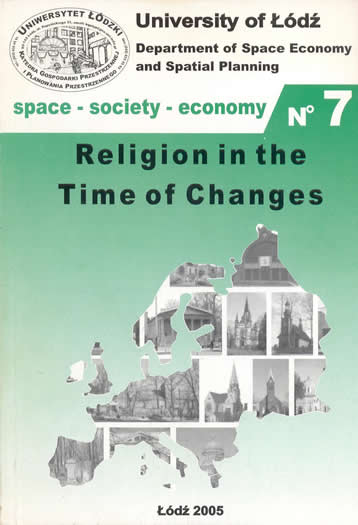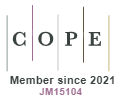Religijny wymiar tożsamości jednostki w świecie organizacji
DOI:
https://doi.org/10.18778/1733-3180.07.11Abstrakt
The paper concerns the sociological study of the relationships between economic life and religiosity in the context of transformations taking place in the countries of Central and Eastern Europe. What is more the globalisation process including their consequences for culture, human identities, individual and group identification is phenomenon which cannot be ignored. The changes in the 90s initiated process of the rebuilding of traditional relationships, as well as strengthening of the local dimension of the identity based on the common cultural heritage.
The author presents a research perspective used frequently in the exploration the problem embedded in Max Weber concepts. In the The Protestant Ethic and the Spirit of Capitalism Weber discusses the role which the religious ideas of ascetic Potestantism played in accounting for emergence of an ethos which he believed charactrized the economic life of Western capitalist societies. In The Protestant Ethic he shows how Protestant ascetism infuenced the social activity especially economic but he also considers the influence the economic development on the fate of religious ideas. After all economic life could not be wholly explained by reference to the economic sphere, neither could religious life be explained solely by reference to the religion.
The crucial social changes, which have taken place in Poland in the last years, have become dramatic biographical experience that may led to essential transformations of identity. The issue touches upon the number of problems, among others the assessment that there is a reciprocal relationship between the cultural order, social, political, economic changes and the religiosity of the individuals and groups. It is interesting if the relationships between two different spheres of human life – economic activity and religiosity have changed after 1989. Rapidly changing social systems in the Polish society create a specific conditions of interaction which influence significantly the people. As a result this emerging capitalist reality brings about new circumstances that develop new value oriented attitudes of the Poles.
The article treats about functions of the religious identity of people employed in enterprising business. The following functions of religiosity have been mentioned: the motivating function, legitimizing function, and the ability to create social basis for trust. The identity is an ever changing phenomenon. It has multiple dimensions, that include religious elements of individual systems as well as the culture and history of the group to which individual belongs. The research points out that traditional elements of ritual religiosity function is important. The individual identity is shaped among the people and in the global context that contribute to broadening of the horizon of individuals and groups. In reference to the classical sociological theory of relations between economy and religion the author shows that religion regulates the functioning of a man in such spheres as economy, law, technology etc.
Individual identity is analysed in the respect of the problem of individual autonomy. From this point of view the author puts forward to research hypothesis that says about the existence of any community inseparably connected with the feeling of identification with one’s own traditional catholic 2 religiosity. The level of religiosity in Poland remains relatively high, both self-declarations of faith and self-declarations are at a high level. In Polish society, church religiosity transmitted by the family and the Roman Catholic Church dominates, even though it has an selective and inconsistent character. In the conclusion the author states that the identification with Polish Catholicism (selective and inconsistent ) is the basis of the sense of individual autonomy.
The observations included in the article will initiate a further sociological investigation into relation between economic life and Catholic religiosity of Poles.
Pobrania
Pobrania
Opublikowane
Jak cytować
Numer
Dział
Licencja

Praca jest udostępniana na licencji Creative Commons Attribution-NonCommercial-NoDerivatives 3.0 Unported License.









